As classes resume following a long freak ice storm in the heart of winter, there is a growing longing for the sunny days of spring. While March is still a ways off, I feel that it’s at least some comfort to indulge in dreams of the coming season through songs that evoke thoughts of the flowers that wait patiently to bloom. The following is a four-song playlist of such tracks.
“I Wish You Roses” – Kali Uchis 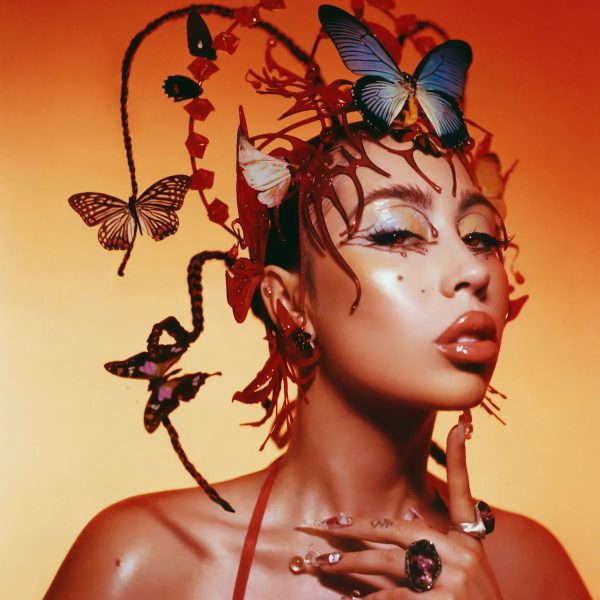
From Kali Uchis’ 2023 album Red Moon In Venus, “I Wish You Roses” is a trance-like R&B lullaby that serenades the listener. While at its surface it may seem like a typical love song, this track is unique in that it expresses a sort of indifferent love. There is no implied obsession—see “Push Th’ Little Daisies”—or eternal vow. The love described in this song transcends the common definition and acknowledges that true love is everlasting support for another person, even if things don’t work out romantically.
Birds chirp in the intro, immediately establishing this song’s deep reliance on texture to convey its mood. A lonely synth lays down chords as a snare helps cue in the chorus. When the chorus does begin, it’s lush and dreamy, like stepping through a veil of silk. Ulchis’ layered vocals tangle with each other and a lead melody adds a sense of tension and mystery to her soft and skilled voice as she begins, “Oh, never thought I would be without you / I wish you love, I wish you well / I wish you roses while you can still smell them.”
Entering the verse, the production takes a step back and creates room for the atmosphere and tone of the lyrics to fill. Ulchis’ voice is sweet and stoic as she tells a story of love through the metaphor of a garden, “I was a rose in the garden of weeds / My petals are soft and silky as my sheets.” The whole feeling of this section is like the buffer between a late night party and the neighborhood around it; the small radius where music and festivities can still be heard muffled, but moonlight and chilly air brings a sense of introspection.
Next, the refrain repeats the song’s title, creating a trance as the final chorus begins before the backing track fades to welcome the outro. Uchis sings a haunting melody before it drops in pitch, bringing the song to a close.
As Uchis shows expertly through the song’s extended metaphor, I believe this song pairs well with a rose. In Ancient Greece and Rome, roses were symbols of their goddesses of love. The relationship Uchis detailed is one of deep passion and adoration, and adding onto that, she refers to herself as both a rose and “someone to honor,” similar to a goddess. The song also deals with the struggles and apparent end of this relationship, which can be interpreted as the thorns on every rose.
“Push Th’ Little Daisies” – Ween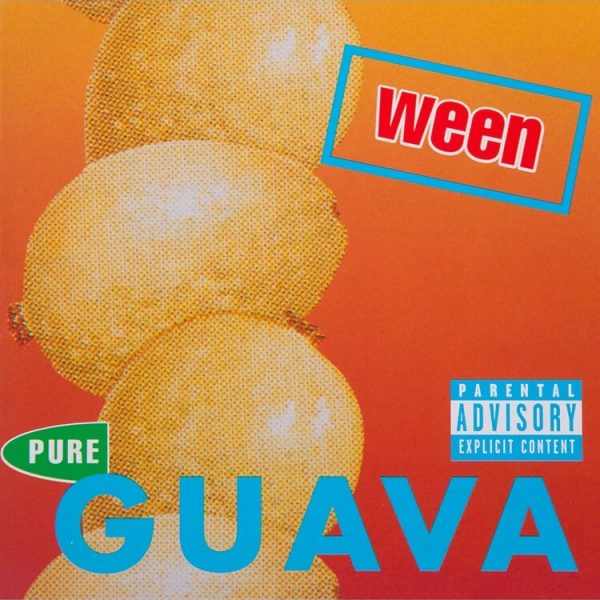
Undoubtedly one of the most genre-defying bands, Ween is known for its variety of sounds and never being afraid to stray into the abrasive and occasionally obscene territory of experimental rock. However, early hit “Push Th’ Little Daisies,” takes on a funkier approach that stands one step before elevator music. Unlike most Ween songs—often outwardly vulgar and shallow—this track is far less blatant in its tone and meaning. This leads to an eerie feeling that something more is at play: that the high-pitched, whining vocals are hiding ulterior motives. Despite this strange quality, I find that this song has a twisted allure.
The funky guitars shimmer and glisten over Gene Ween’s banal vocalizations. Soon, however, he begins to tell a dizzying and surreal tale of love, obsession and self-consciousness. “When you lie / Kiss your baby, bye, bye, bye / If you’re true / The whole wide world will laugh with you.” Only a few lines later, a stark shift in the lyrics marks a moment of uncertainty and suspicion, leading the listener to question if Gene’s advice is really genuine or an attempt to push the song’s unnamed subject into some kind of humiliation as an act of revenge: “If you think that I’m a loser / Well you suck / ‘Cause you know / I ain’t nothing / But a user of your love.”
Amidst this convoluted and ominous monologue, a chorus begins as Gene ejects the same phrase, “Push the little daisies and make them come up.” A second verse sees Gene’s descent further into a disorienting rant, almost like he’s trying to convince himself that his feelings and obsessions are healthy but it’s not working. He practically shrieks the final words, “Happier than sh*t / Things that might go click with me / Click with you / Is that love? / Is that love?”
The chorus extends into an outro as Gene almost compulsively spills the song’s title phrase, screaming, wailing, commanding. The bass sickeningly dances around the spiraling vocals like a club full of people dancing as the DJ has a heart-attack on stage.
This song is best described as uncanny, with a strong insinuation that nothing is as it seems. It’s therefore only right that it is best paired with a daisy. A flawless and elegant feat of nature, the perfect prototype of a flower—yet almost too much to the point that even the most logical person may wonder if the little white-and-yellow plant is hiding a secret. I feel the same anxious feeling when looking at an old ceramic doll that I do while listening to “Push Th’ Little Daisies.”
“And I Love Her” – Kurt Cobain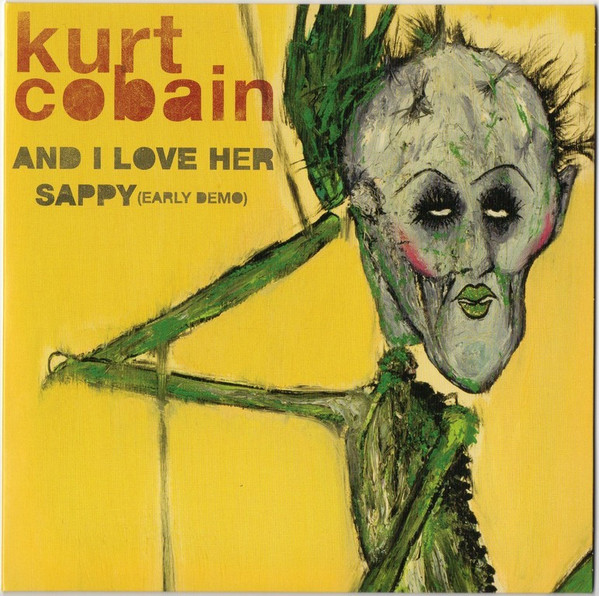
Kurt Cobain’s cover of the Beatles tune “And I Love Her” brings a dark, isolated feeling to the love song. The sound is warm and muddy as Cobain’s guitar haphazardly spills chords by short fills. Unlike his work in Nirvana, this track shines a brighter light on the soft side of Cobain’s voice and music.
As he begins to sing, his voice cuts through the amateur mix surprisingly well, rough and grizzly. Between his calm and at ease vocal performance and the production of the song, it’s easy for the listener to imagine Cobain sitting alone in some dark room, leaning against the wall with some archaic 4-track recorder at his side, tape spinning endlessly. I feel that music in a home-recorded setting brings a unique intimacy, and this cut is a perfect example of this, similar to the legendary lo-fi work of Daniel Johnston, one of my favorites.
The opening lyrics are sung with the same grunge tone and drawl reflected in the softer sections of Nirvana’s discography, a great departure from the ‘60s pop sound of the original: “She gives me everything / And tenderly / The kiss my lover brings / She brings to me / And I love her.” The words are dark, serene and intimate, forming a continual embrace with soft and sweet chords as they stumble, love-sick, back to the refrain, “I know this love of mine / Will never die / And I love her.”
In one final verse, Cobain sings of bright stars and dark skies. Considering this final scene, I think a poppy is the perfect representation of this scene: a warm, red blanket cloaking a deep, black sky spreading out from the flower’s center, as interminable as the purest form of love. Adding onto this connection, the song has a feeling of numb stillness, aligned with the poppy’s use in medicine as opium.
“Sleep Patterns” – Merchant Ships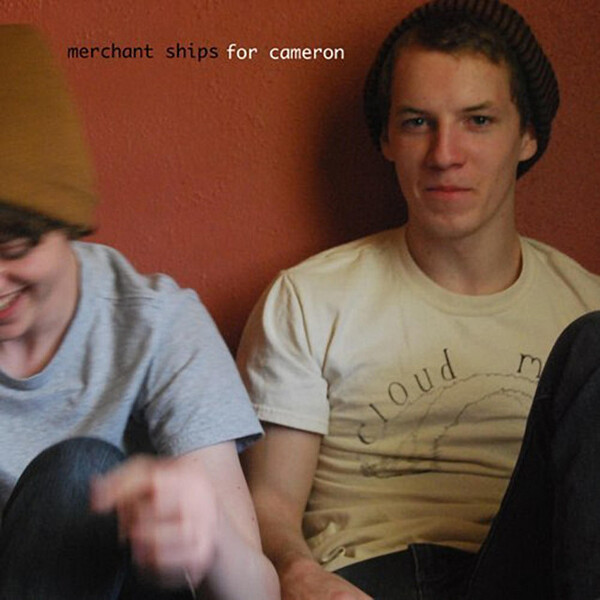
“Sleep Patterns” from Merchant Ship’s final EP For Cameron, is an existential, spoken-word masterpiece that gets my nostalgia flowing. Merchant Ship’s sound is typically a derivative one, following all the usual cliches of the Midwest emo genre—twinkling and complex guitar riffs in unusual tunings contrasted by emotional, screamed lyrics. But “Sleep Patterns” stands out in their discography. There is no screaming, no powerful and complicated instrumentation, just chords strummed with plenty of breathing room in between.
Immediately, they build a sense of sorrow, even before Jack Senff tells a coming-of-age story about the death of innocence and faith. In it, the narrator struggles to help his brother understand the harsh realities of the world: the death of a woman and the grief of her loved ones and the 9/11 attacks. The narrator tries desperately to use religion to comfort his brother, but eventually decides he can no longer do so, letting the reality that sometimes there is no way to rationalize life set in. The poem swells as Senff reads the line, “And as we sit on the hood of our car, the sun goes down and he asks me what I want out of my life. I tell him I don’t know.”
A bridge begins, a soft chant, introducing melody into the song. Its mixture of adolescent, half-on-pitch-half-off vocals reminds me of a summer night spent watching the sunset with friends. Almost as soon as this section begins, the spoken word resumes over the same chords. This time, the narrator himself struggles to come to terms with the inevitability of death as the drums and chords gain an added tension and urgency before a complete silence. One final sentence is spoken, “I have absolutely no idea, I am afraid.”
“Sleep Patterns” is a violet, complex and cold. In Shakespeare’s Hamlet, Ophelia gives violets to her family as a symbol of her father’s death, a theme heavily emphasized in the song. Ophelia’s loss of innocence and grief for her father parallels much of the emotion shared by the narrator and his brother. I believe the violet makes an even stronger connection to the track when considering it’s the state flower of two Midwestern states, the region of the country where Merchant Ships set sail and where the distinctive sound of the Midwest emo genre formed. If you are looking for a moment of introspection and epiphany, “Sleep Patterns” is the perfect soundtrack.
Whether I’m feeling the dark, brooding chill of a winter storm or the soft silence of a desolate snowy day, I can always count on these songs to keep me looking forward to the coming season.





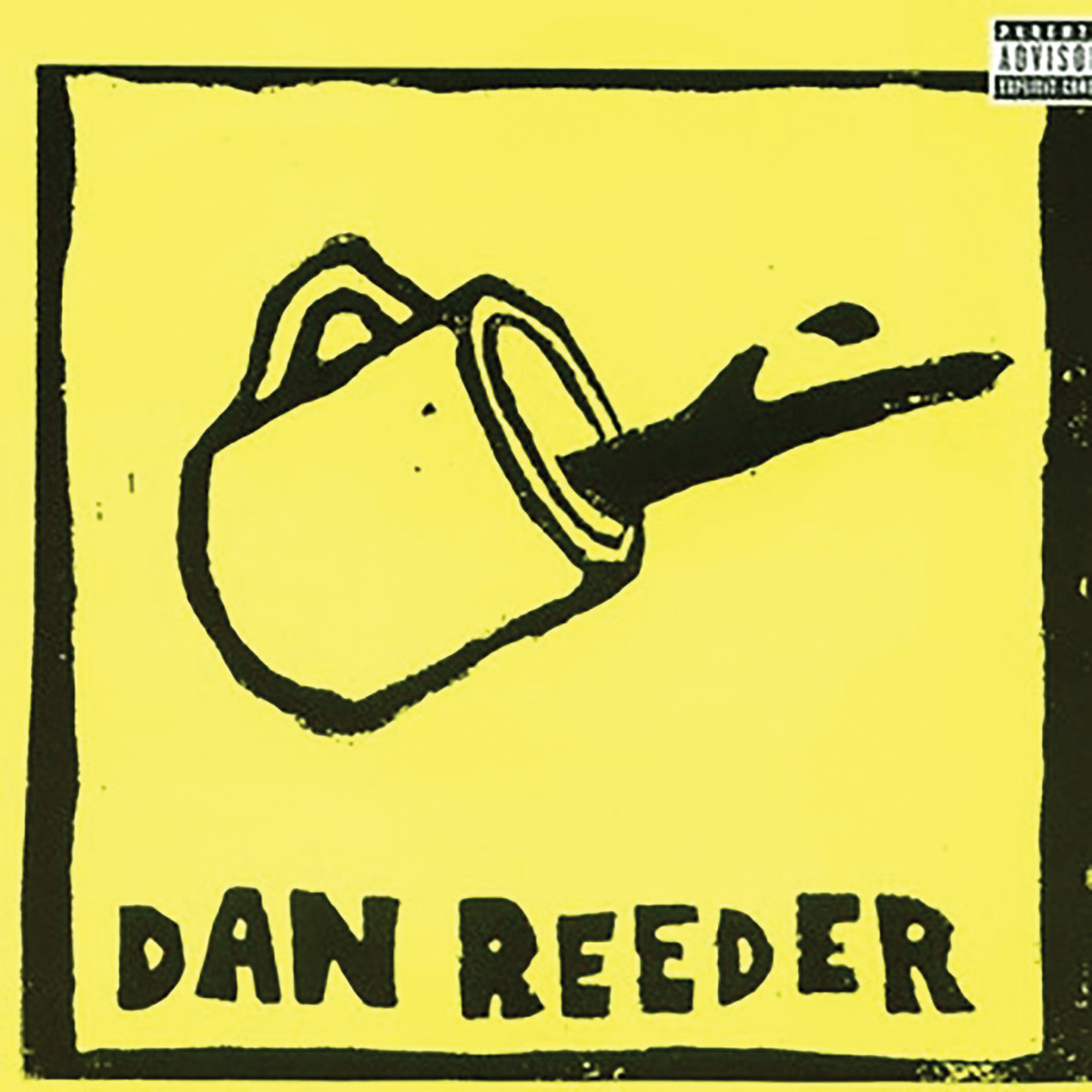


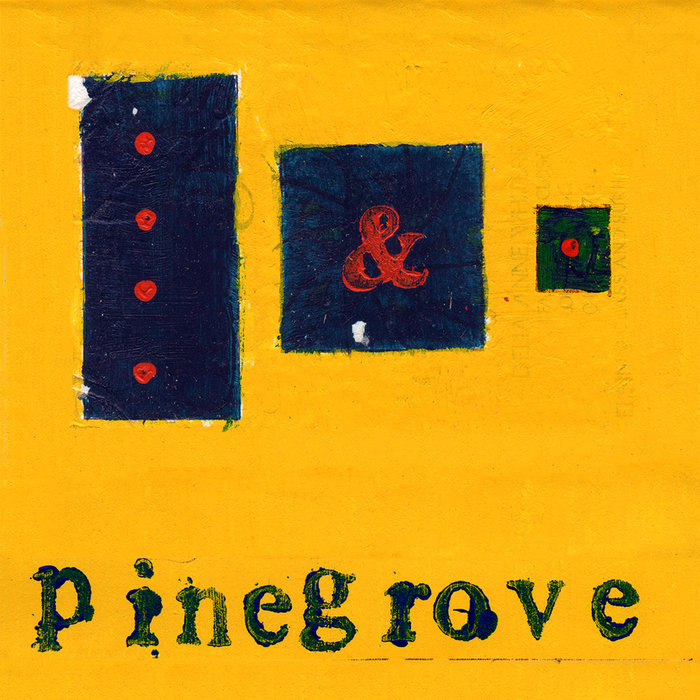


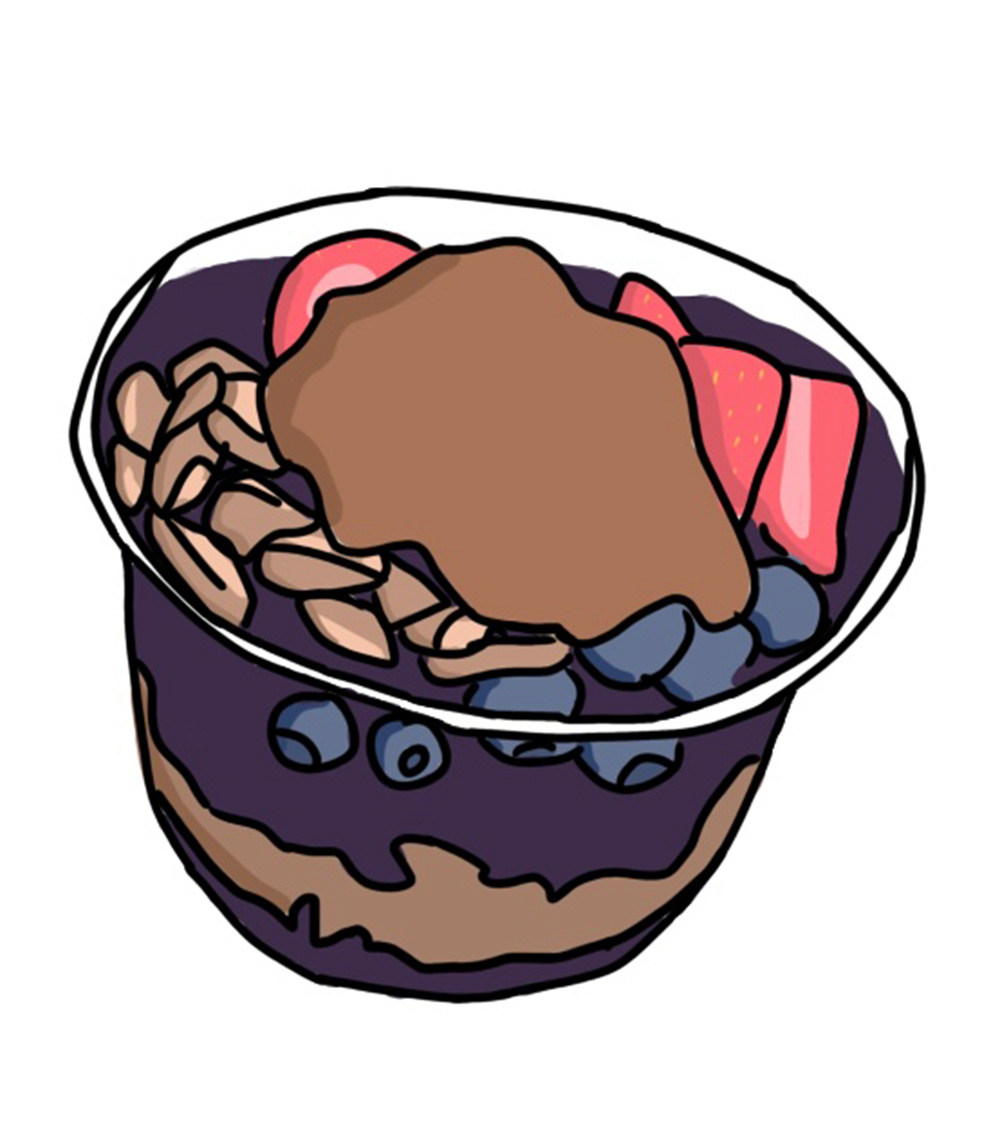

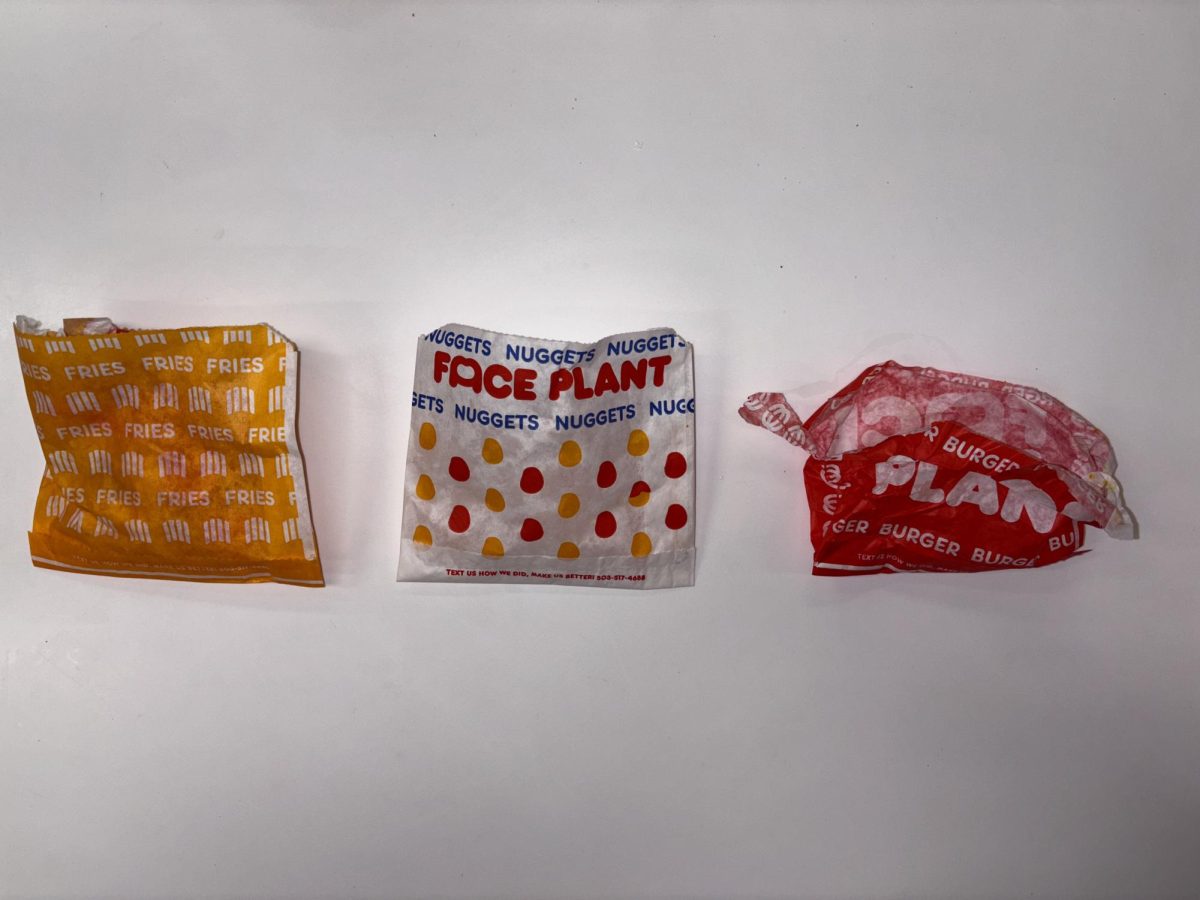
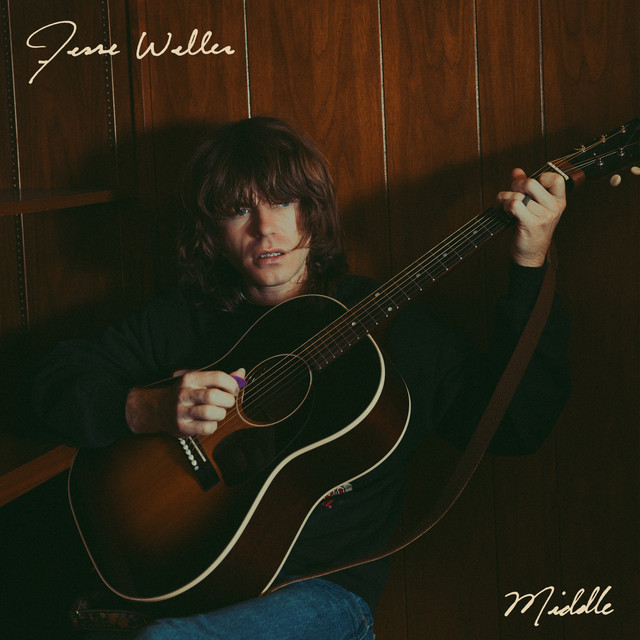
Annika Michaels • Feb 9, 2024 at 12:14 pm
I really liked how the songs were described and the overall tone it set in the story. While reading a section about a certain song, I would listen to the song while reading which made the song and the words line up perfectly.